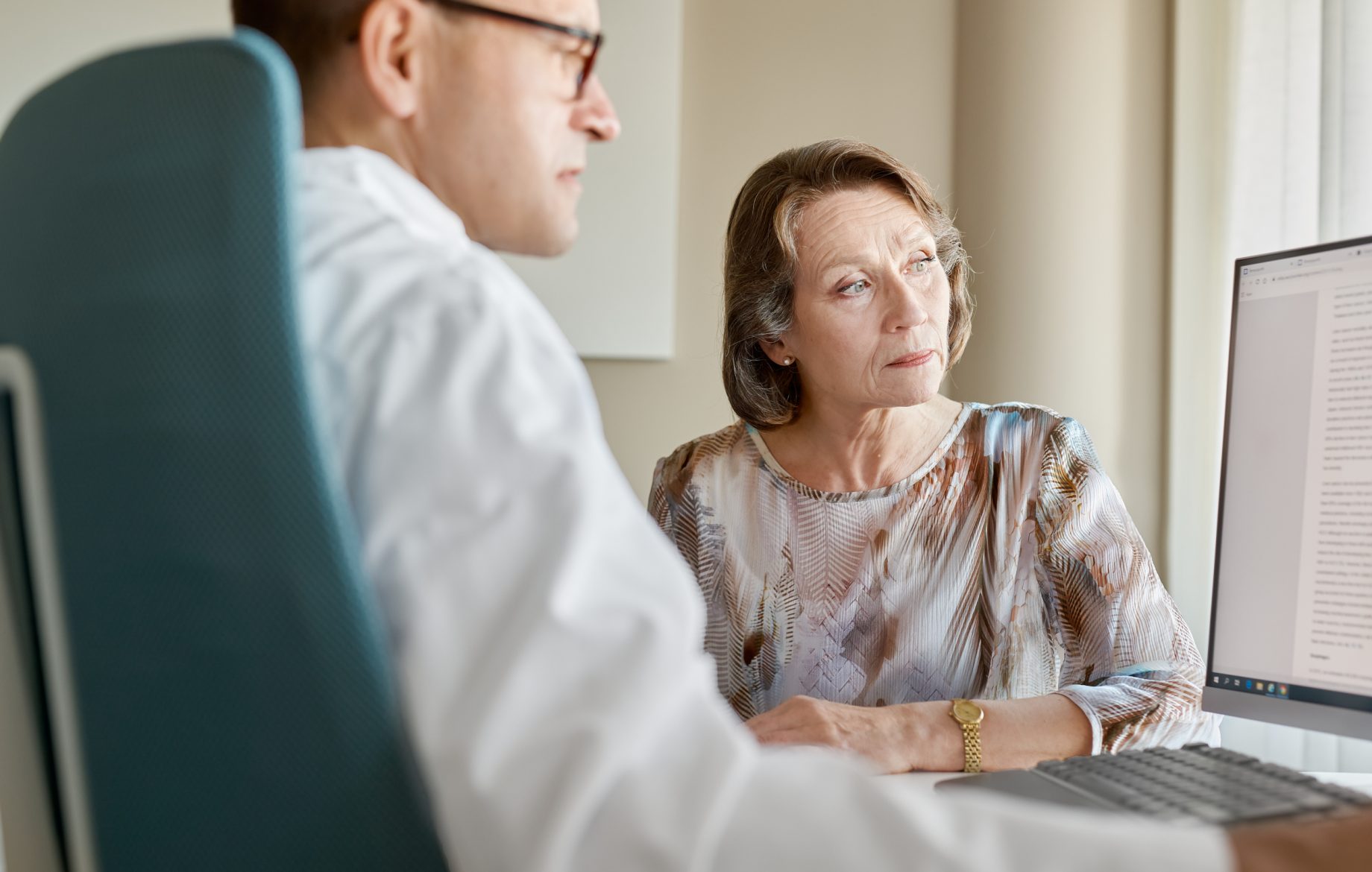According to estimates, a single gene mutation that runs in the family underlies approximately 5–10 % of all breast cancer cases. The most common form of such mutations are BRCA gene defects.
Indications of hereditary breast cancer include:
- Breast cancer in a very young person
- Multiple cancers in one person
- Breast cancer in both breasts
- Incidences of breast cancer and/or ovarian cancer in close kin
How can breast cancer heredity be examined?
How can the heredity of cancer be examined if you have a nagging doubt and have observed some of the indications mentioned above? At Docrates Cancer Center, we provide two alternative paths. A sensible approach is to discuss the cancer cases in your family with a specialist in medical genetics. If the situation seems to indicate the chance of hereditary breast cancer, a genetic test to investigate heredity will be recommended. The test is best suited for people who have actually already suffered from cancer. If a genetic defect is discovered, efforts will be made to identify all the carriers of the defective gene in the family. Even if a family shows hereditary susceptibility to cancer, it does not mean that all family members have inherited it.
However, if a customer wishes, another approach can also be adopted. A genetic risk test can be performed immediately on the basis of the customer’s concern or his or her own assessment, whereafter the situation and the significance of the test can be discussed with a geneticist when the results of the gene test are known. The interpretation of the results always depends on the patient’s and his or her family’s situation. In other words, if the genetic risk test does not reveal any harmful variant associated with an increased risk of developing cancer, it does not necessarily mean that the person in question could not have inherited cancer susceptibility, which is why he or she would require more accurate monitoring than usual.










